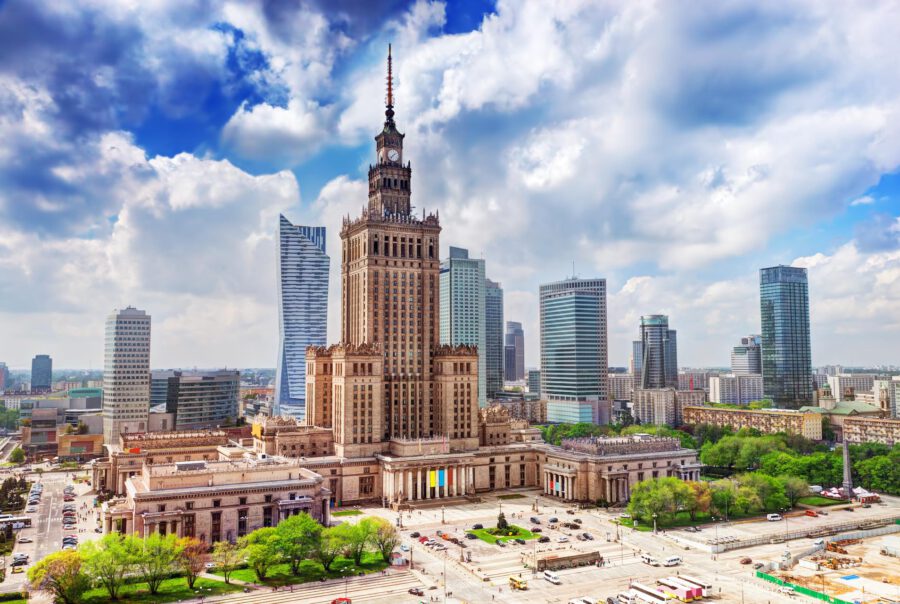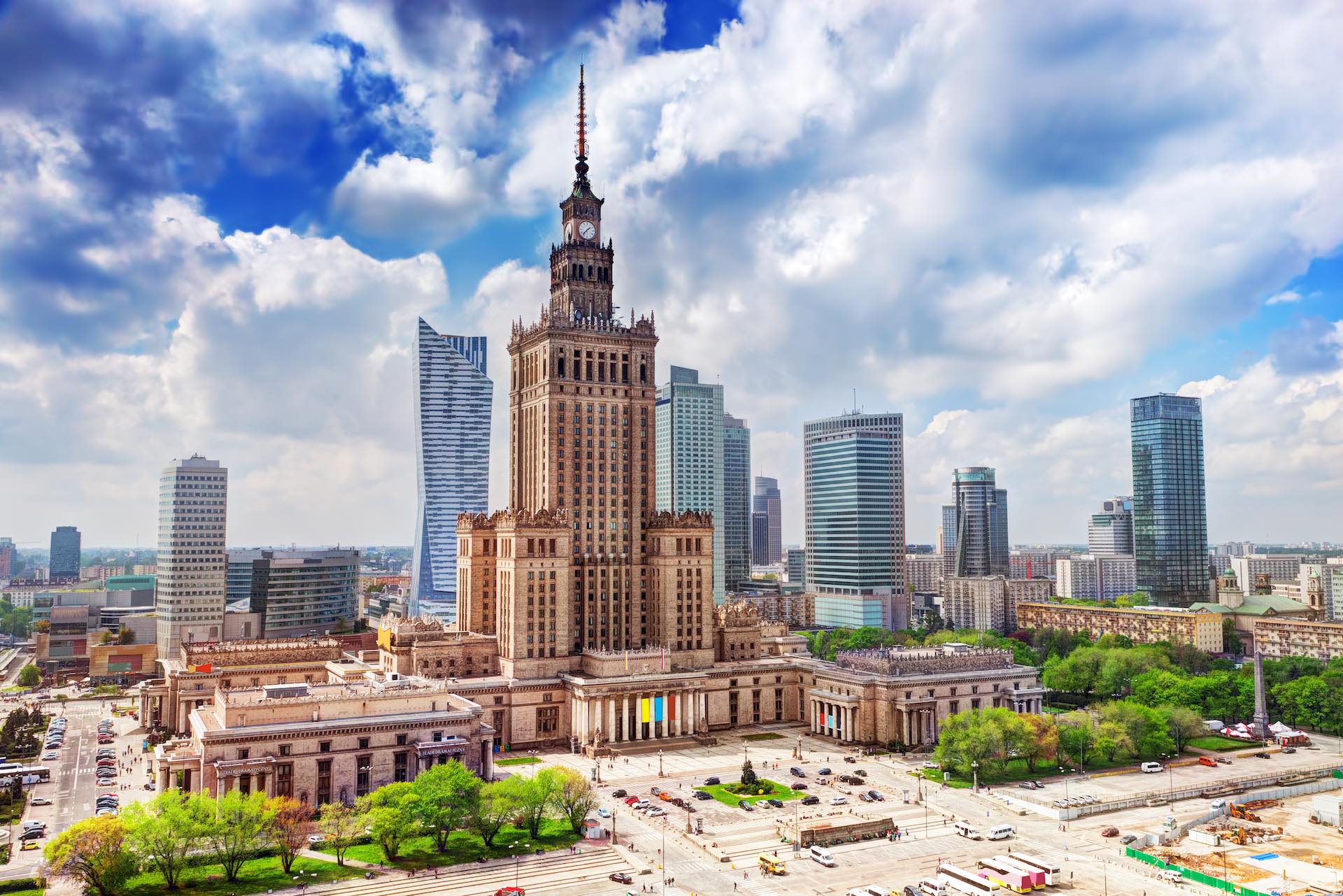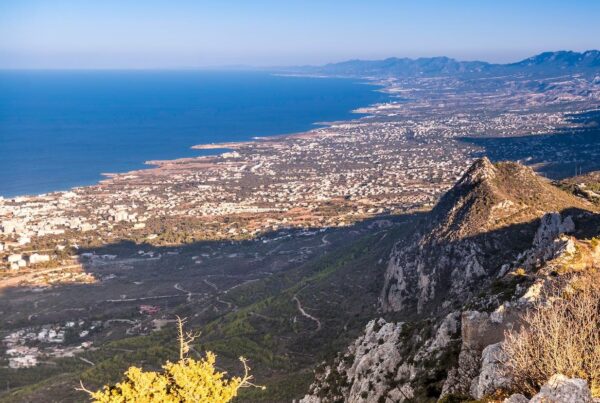Warsaw is the capital of Poland and one of the most important towns in Central and Eastern Europe. Its long past, many different cultures, and central location have made it a major center for trade, finance, and international relations. Today, Warsaw is a lively and modern city that continues to attract businesses, investors, and tourists from all over the world.
Since the 14th century, when it became the capital of the Masovian Duchy, Warsaw has been a key city in Europe. Warsaw’s importance as a center of trade, culture, and politics grew over the ages. In the 18th century, it became the capital of the Polish-Lithuanian Commonwealth, which was once the biggest and most populous country in Europe.
During World War II, when the German army nearly destroyed the whole city, Warsaw’s status as an important city was called into question. When the city was rebuilt after the war, it showed how strong the Polish people were and how much they wanted to bring back the glory of their city.
Today, Warsaw is a big city with more than 1.7 million people living in it. It is modern and thriving. Its position at the crossroads of important trade routes in Europe has made it a center for business and commerce. Many big companies have moved their headquarters to Warsaw because it has a skilled staff and is a good place to do business.
Warsaw is a very important political center as well as a center for business. It is one of the biggest diplomatic communities in the world because it is home to the embassies of more than 160 countries. Warsaw is also a part of many foreign groups, like the United Nations, NATO, and the European Union.
People from many different cultures live in Warsaw, and they speak many different languages. There are many museums, art galleries, theaters, and music places in the city, which has a rich artistic and cultural history. The city’s Old Town, which was rebuilt after the war, is a major tourist draw and a UNESCO World Heritage site.

”The city's GDP has grown at an average rate of over 5% per year since 1995, and its economy is expected to continue to grow in the future.
Warsaw’s economic growth has been impressive since the fall of communism in 1989. Poland’s transition to a market economy and integration into the European Union have helped to create a favorable business environment that has attracted foreign investment. The city’s GDP has grown at an average rate of over 5% per year since 1995, and its economy is expected to continue to grow in the future.
In conclusion, Warsaw’s position as an important city in the world is rooted in its rich history, cultural diversity, and strategic location. Today, Warsaw is a vibrant and modern city that continues to attract businesses, investors, and tourists from all over the world. Its economic growth and favorable business environment make it an ideal location for multinational corporations, while its cultural heritage and tourist attractions make it a popular destination for visitors.




